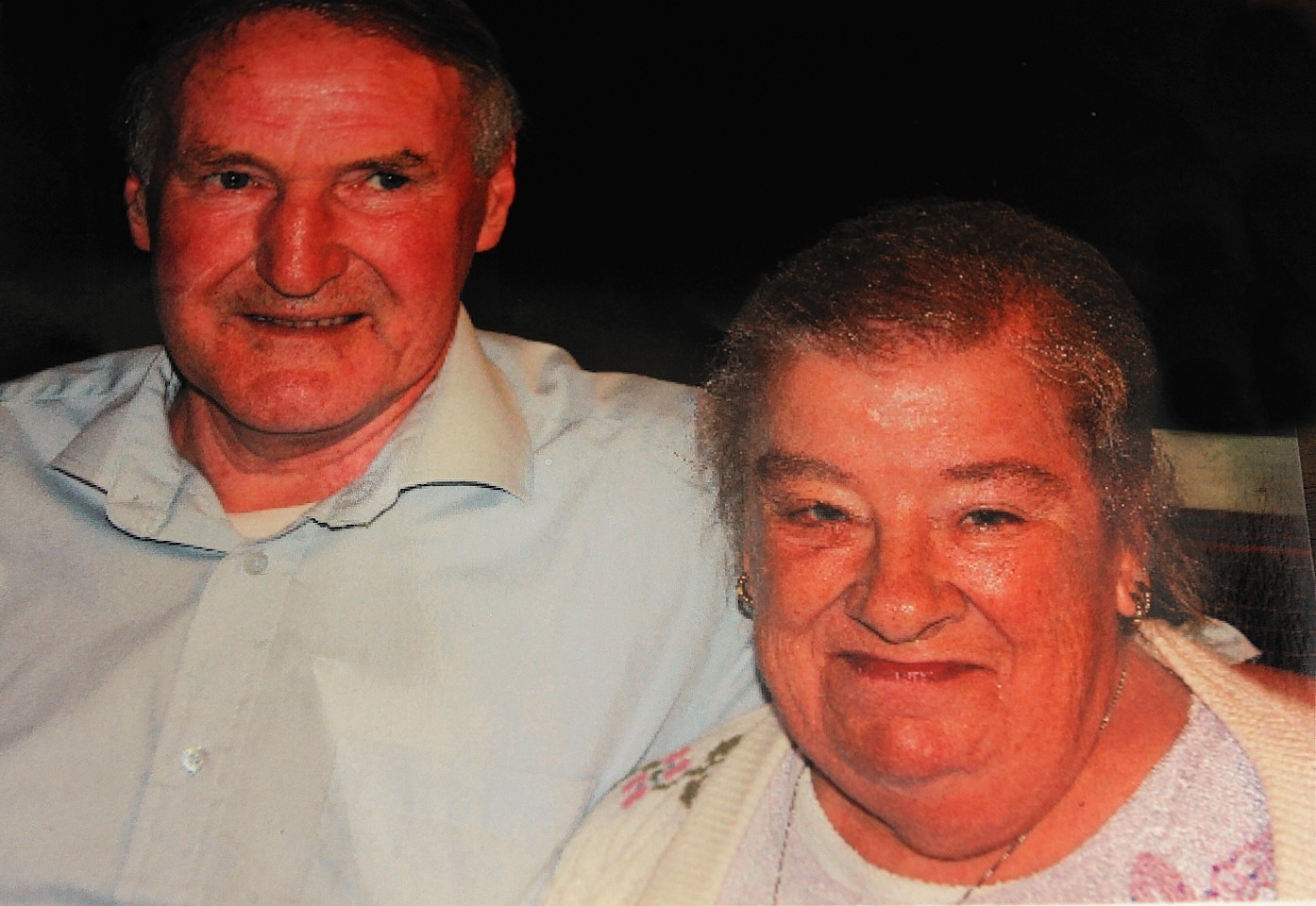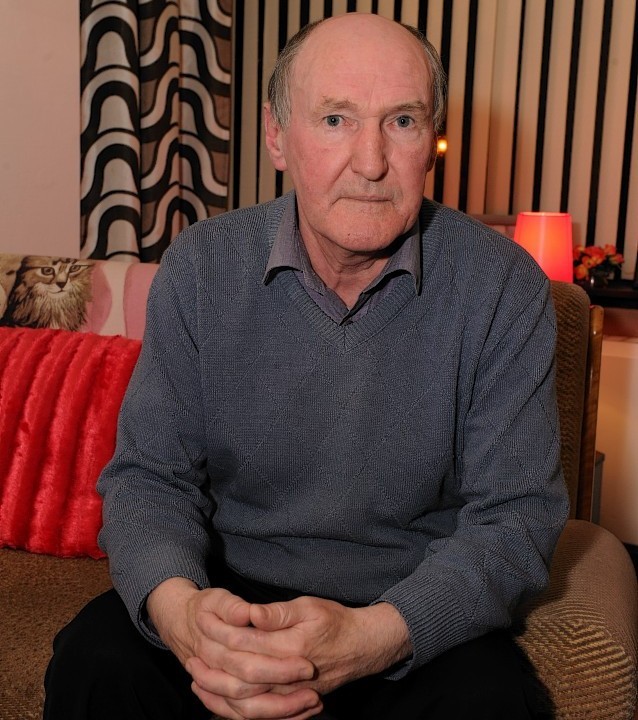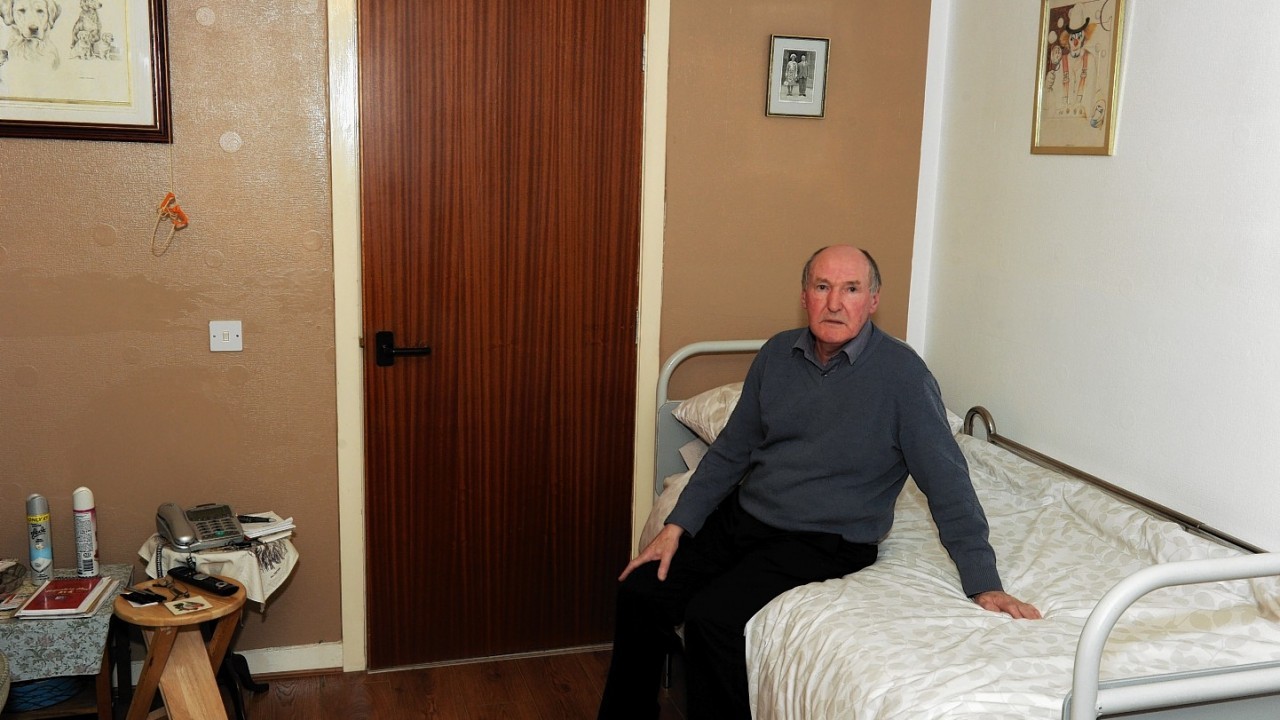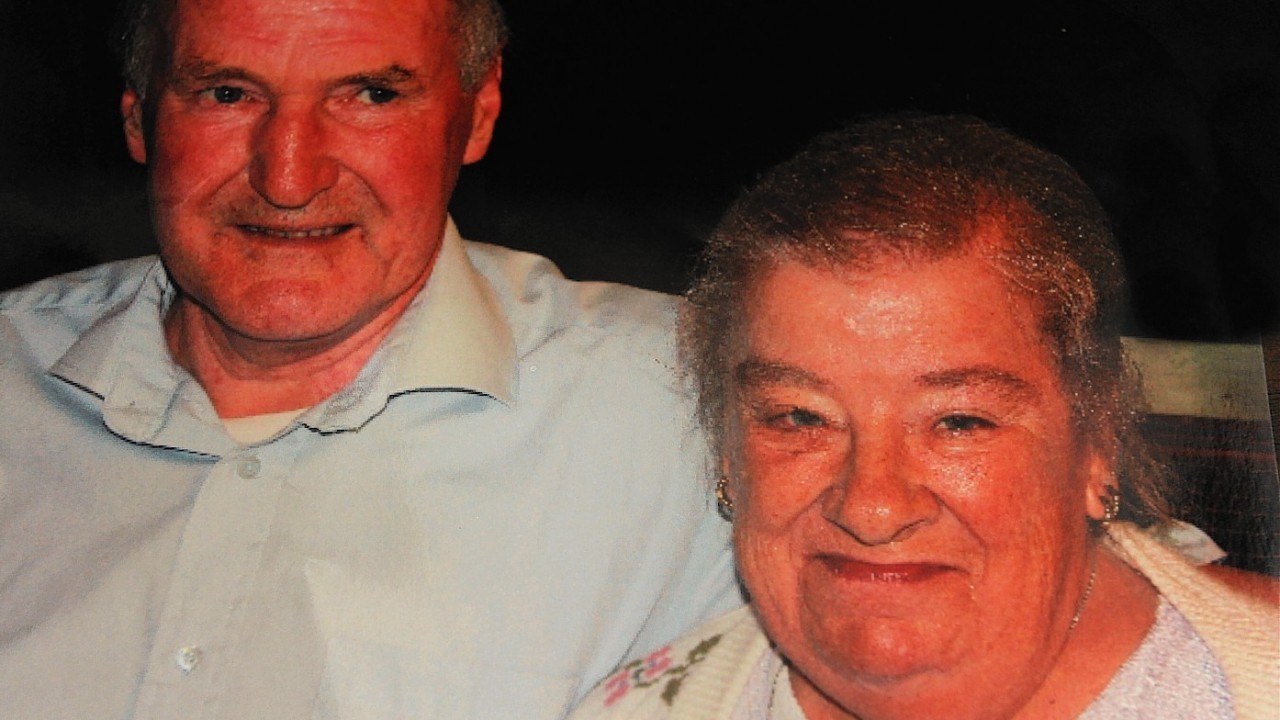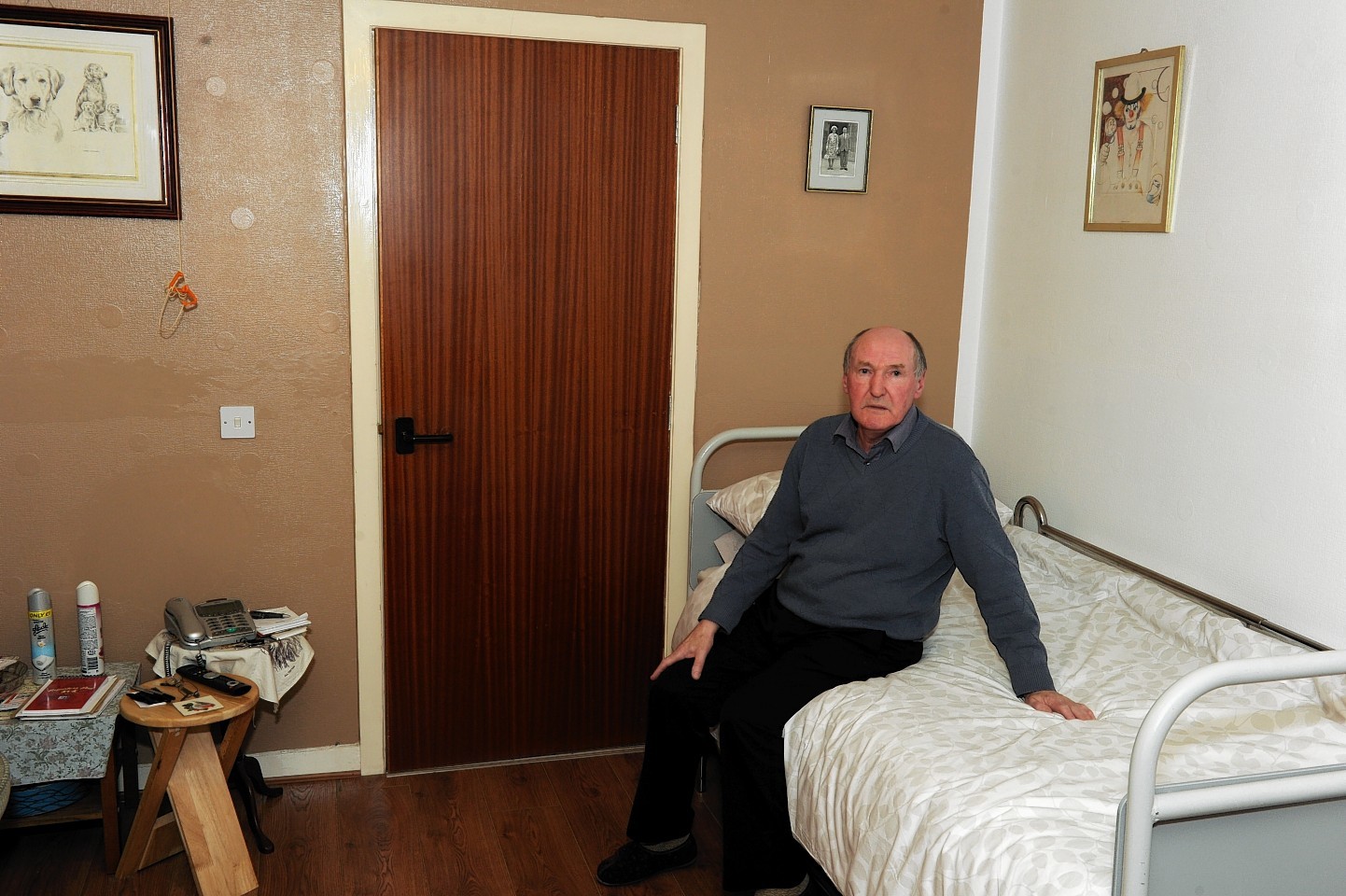A north-east pensioner is convinced his wife has been left suffering from depression because she was forced to languish in hospital for more than a year.
George Thompson said he felt “completely helpless” as he watched the woman he loves change from a happy-go-lucky person into one who lashes out at the smallest things.
Mr Thompson said 67-year-old Helen’s mental state deteriorated during her lengthy stay at Woodend Hospital in Aberdeen.
She suffers from osteoporosis and was admitted to Aberdeen Royal Infirmary after falling at their home in September 2013.
Following an operation to fix the shattered bones in her leg and eight weeks of bed rest, she was moved to Woodend to begin a course of physiotherapy and rehabilitation.
Her husband said that every possible measure was put in place at their sheltered home in the city for when she was ready to come home, including hoists and a special bed.
But the 66-year-old claims her discharge date was cancelled without reason, he was passed from care to worker to care worker during her stay – and none of them was able to explain how they would ever get Mrs Thompson out of hospital.
He said his wife of 31 years eventually became so depressed that her personality changed, and she would shout out and become agitated about the smallest things.
She has now been admitted to the Royal Cornhill Hospital in Aberdeen, where psychiatrists are trying to control her mood swings in the hope that, one day, she can return home.
Mr Thompson said: “She was getting ready to leave Woodend.
“The care worker had okayed the date she was getting home, and we had the bed and hoist in place and were trying to organise for two carers to help us during the day.
“But then we were told it wasn’t going to happen and that the council had to rethink their plan.
“From that moment on, Helen went downhill. She wouldn’t let the nurses give her medication, or she wouldn’t eat. The smallest thing would set her off.
“There were times I thought I wasn’t doing enough, and there were times she wouldn’t speak to me as she thought I wasn’t doing enough either.
“I don’t know what more I could have done though. I can’t look after her myself.”
Doctors suggested that Mrs Thompson’s mood swings might have been brought on by a previous fall or bang to the head.
But her husband said it was clear watching his wife languish in a hospital bed that her lengthy stay in hospital was effecting her personality.
“Helen is the type of person who would always say what she was thinking, but she would never shout at a person or be so agitated,” he said.
Mr Thompson said it was an odd feeling living alone after being by his wife’s side for so long, but that he was trying to get on with his life as best as possible.
“I carry on looking after the house and go to visit her in the afternoons,” he said.
“When I speak to people in the street, they can’t believe Helen is still in hospital.
“She was just a normal person before this.”
Aberdeen City Council said it could not comment on individual cases.
But is understood discussions had taken place over a number of months and no0 agreement could be reached on a care package for Mrs Thompson.
North-east Labour MSP Lewis Macdonald, who has represented the Thompsons, said the case highlighted the human impact of the delayed discharge issue.
Mr Macdonald said he had been told by the local authority that there were not enough carers available to put Mrs Thompson’s package in place.
He said: “It is incumbent on the council to treat every case as a priority and to recognise every case involves a real person.
“It is not just a case of not getting a home for a few weeks. Delayed discharge can change someone’s health forever.”
